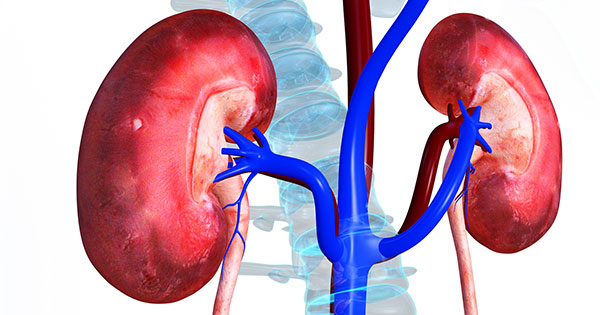Global cholera statistics for 2023, published by the World Health Organization (WHO), reveal a sharp rise in cases and fatalities.
In a report released on Wednesday, the WHO noted a 13% increase in cholera cases and a staggering 71% spike in deaths compared to the previous year. Over 4,000 people died from this preventable and treatable disease in 2023.
The report also highlighted that 45 countries recorded cholera cases, up from 44 in 2022 and 35 in 2021. Alarmingly, 38% of these cases occurred in children under five.
Cholera, an acute intestinal infection caused by contaminated food and water, disproportionately affects communities with poor sanitation access. The WHO linked the surge in outbreaks to factors such as conflict, climate change, inadequate access to clean water, poverty, underdevelopment, and population displacement.
Significant geographic shifts were also observed in 2023, with a 32% decline in cholera cases in the Middle East and Asia, while Africa saw a 125% increase. Many African countries reported high levels of “community deaths”—fatalities outside health facilities—indicating gaps in access to treatment.
For the first time, multiple nations reported cholera-related deaths that occurred outside healthcare settings. In five of the 13 reporting countries, over one-third of cholera deaths took place in the community, underscoring significant challenges in healthcare access.
Large outbreaks were reported in Afghanistan, the Democratic Republic of the Congo, Malawi, and Somalia, while Ethiopia, Haiti, Mozambique, and Zimbabwe also experienced severe cholera outbreaks in 2023.
Preliminary data for 2024 indicates that the cholera crisis persists, with 22 countries facing active outbreaks. Though fewer cases have been recorded so far compared to the same period in 2023, 342,800 cases and 2,400 deaths have been reported globally by August 22.
The WHO warned that the increased demand for cholera materials, including oral vaccines, diagnostic tests, and essential medications, is straining global control efforts. In response, the International Coordinating Group has adopted a single-dose vaccination strategy in place of the standard two-dose regimen. Despite a limited vaccine supply, a record 35 million doses were distributed in 2024 using this approach.
The WHO stressed that long-term solutions to cholera outbreaks rely on safe drinking water, improved sanitation, and better hygiene. It also classified the global cholera risk as very high, committing to urgent actions to reduce mortality rates and contain the spread of the disease.








